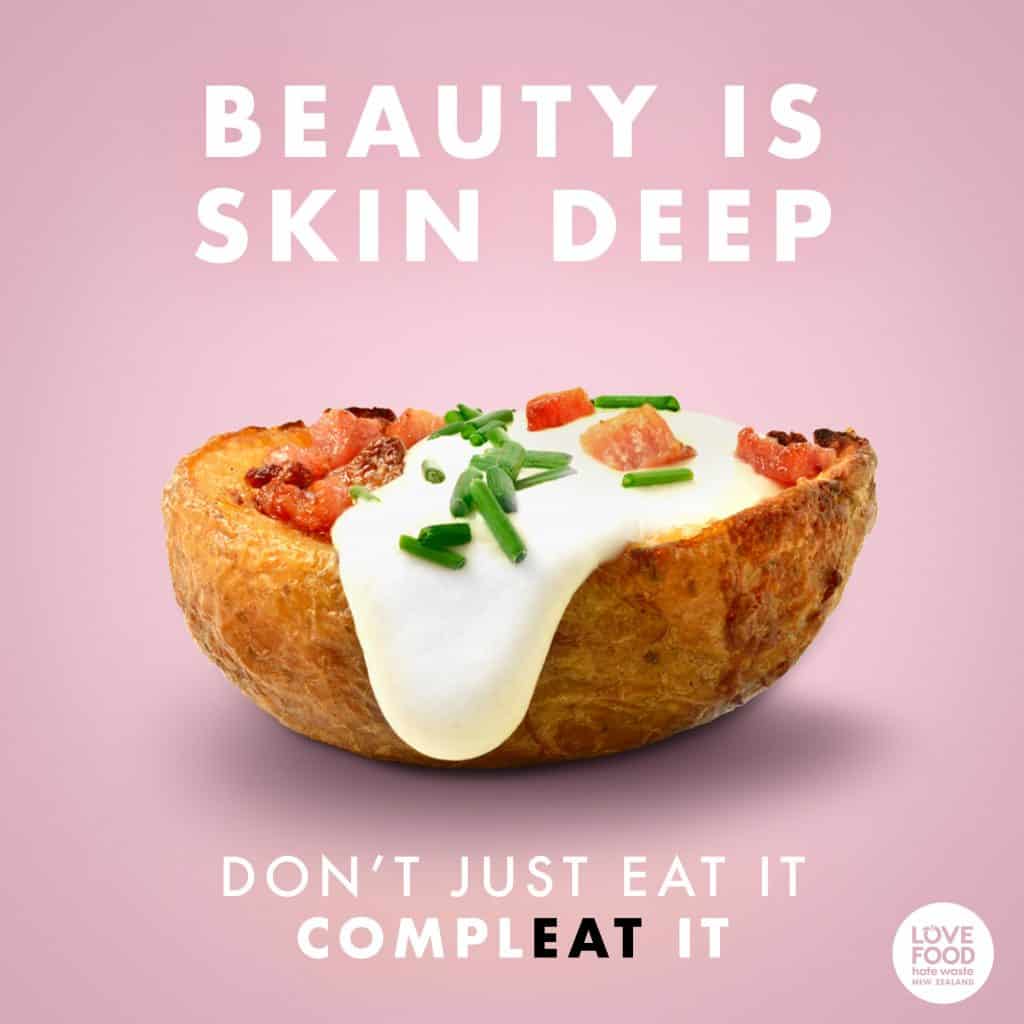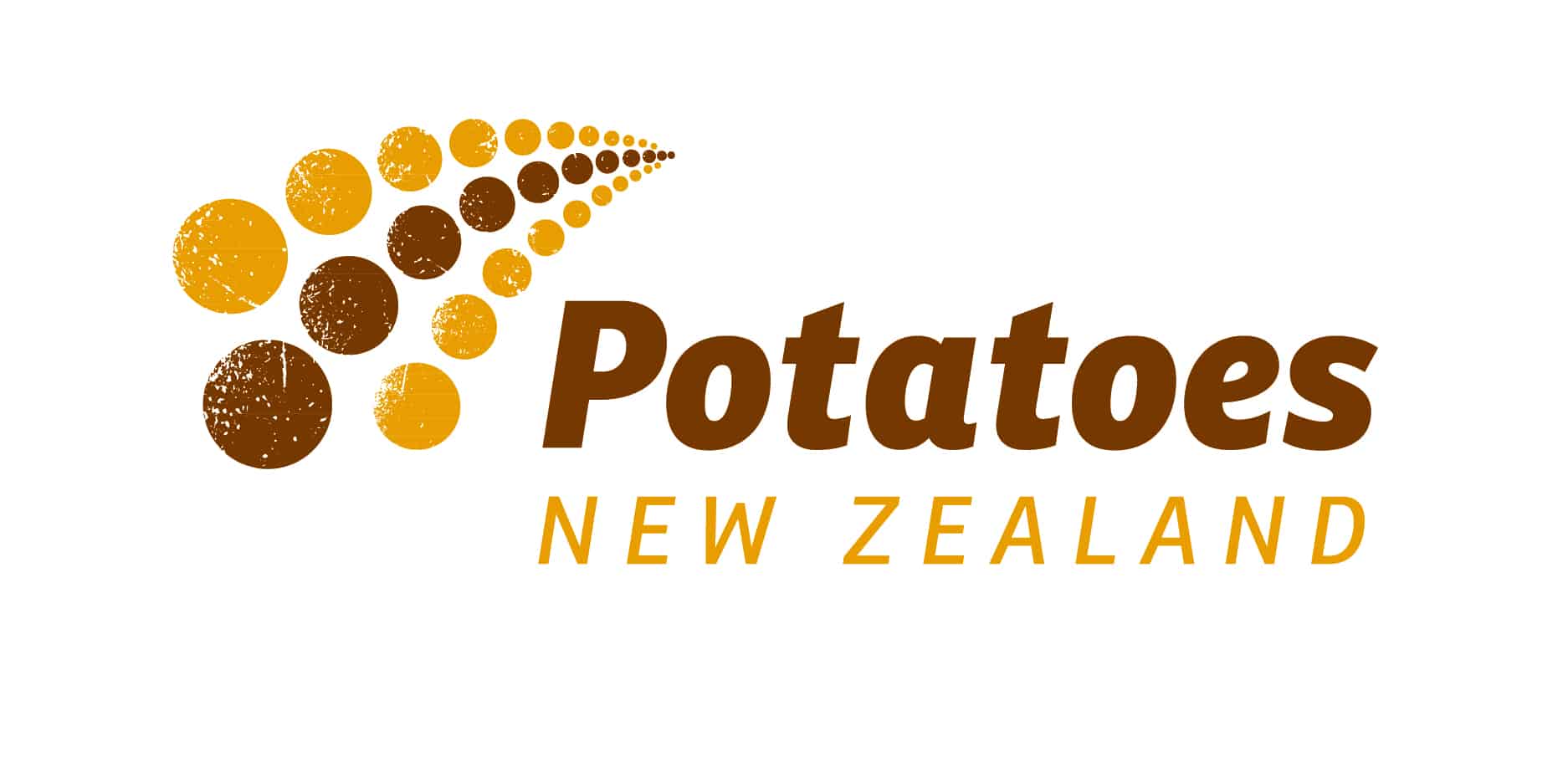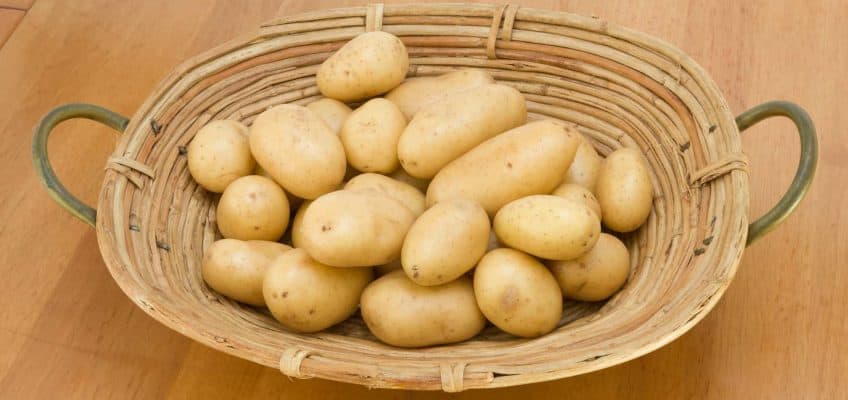By Niki Bezzant
With sustainability a big focus around food – and rightly so – these days, we’re looking much more closely at how our food is produced, and how we can be more sustainable in our shopping habits. But another thing that’s just as important when it comes to lowering our impact on the planet, is taking a close look at the food we waste.
Globally, a third of the food that’s produced is wasted. That’s a shocking fact that, as part of a bigger picture when it comes to fixing the world’s food system, needs to be addressed. But it might not be achieved in quite the same way in New Zealand as it is in some other countries.
Food is wasted at all stages of the supply chain. In developing countries, most food is wasted at production and transportation stages. But possibly what many consumers here in New Zealand don’t realise, is that most of the food we waste in developed countries is not being thrown away on the farm or at retail level. It’s being thrown away by consumers at home.
According to Love Food Hate Waste, Kiwis throw away 157,389 tonnes of food a year; equivalent to 271 jumbo jets of food worth about $1.17 billion.
After bread and uneaten leftovers, much of that wasted food is primary produce; fruit and vegetables are a third of our wasted food. Oranges and mandarins; apples and bananas are some of the main ones. And our most-wasted vegetable is potatoes, with over 4,000 tonnes thrown away each year.
Part of the issue is that consumers buy more than they need or can use. And part of it is that people don’t know the best ways to store their produce so it lasts longer and stays fresh. I’m constantly surprised, for example, at how many people still store tomatoes in the fridge, when this alters their texture and flavour and they’re much better left at room temperature. And yet I don’t remember seeing anything at point of sale or on packaging telling me this.
The same goes for potatoes. We all probably know that potatoes are best stored in a cool, dry place (away from onions, which make them sprout faster), but not in the fridge. There’s good reason for that: putting potatoes in the fridge can increase the amount of sugar they contain, and lead to higher levels of a chemical called acrylamide when the potatoes are baked, fried or roasted at high temperatures. There’s a possible risk that acrylamide could increase cancer risk – though this still needs more investigation. But I think many consumers don’t know the best way to store their spuds.
It’s also possible that people toss their potatoes when they’re still perfectly good to eat. Sprouting spuds can just have the sprouting bits chopped off and they’re fine; it’s only when they’re looking green that they need to go out.
And it’s also possible people are wasting one of the tastiest bits of the spud – the peel – unnecessarily. I read a great tip once that I’ve been using ever since: toss those peels in olive oil and spices and roast in a hot oven for delicious potato-skin snacks.
So perhaps there’s a bit of education that needs to go on with potatoes, as with all fresh produce. Wouldn’t it be great to see stickers or signs with “Best way to store” on all produce, either in the supermarket or on the pack? It might be one way to stop more of those beautiful, well-grown fresh vegetables and fruits end up being eaten, instead of rotting away.
*Niki Bezzant is a food and nutrition writer and speaker. Find her at www.nikibezzant.com.


How compleating combats climate change
Don’t just eat it – Compleat it! How smashing, mashing and hashing your spuds can lead the way in helping New Zealanders reduce food waste and combat climate change.
Consider the humble spud. Who doesn’t love them and their versatility? As Samwise declares in the Lord of the Rings: ‘Po-tay-toes! Boil ‘em, mash ‘em, stick ‘em in a stew.’
Unfortunately, the host of ways to serve up your spuds can sometimes miss a vital part – the skin. In New Zealand, we throw out 7,039 tonnes of potato peelings each year, despite the fact that this is where most of the nutrients and fibre goodness are contained.
And potatoes are just a small piece of the picture. Total food waste for NZ sits at a whopping 157,398 tonnes per year, costing the average household $644 annually and also creating one of our biggest environmental challenges. If food waste were a country, it would be the third largest emitter of greenhouse gases in the world.
This is where the Compleat campaign from Love Food Hate Waste comes in. “If everyone took action and compleated their food, we could make a huge difference to the planet, our diets and our purses,” says Jenny Marshall of Love Food Hate Waste.
“There are simple changes everyone can make. Try mashing your potatoes with the skin on; you will retain all that goodness and it won’t taste that different. Or why not try smashing your potatoes instead of mashing them? Cook them in a large pot of boiling water until tender, then place in a baking tray. Smash them with a fork until flattened but still intact. Top with olive oil and cook for 10-15 minutes until crisp or golden brown.
If you really can’t resist peeling your potatoes, then turn the potato peelings into potato crisps for a healthy pre dinner snack. Mix potato skins in a bowl with enough oil to lightly coat them. Place on a baking tray. Put skins in a 180°C oven for 15 minutes until crispy.”
Jenny Marshall has great hopes for the Compleat campaign. “If everyone made small changes like these to how they compleat their food, as a country we would end up making a significant change to how much food we waste and its impact on climate change.”
This campaign is another way for growers and processors to connect with consumers. To find out more about the Love Food Hate Waste team and use their resources in your business PR go to their website www.wasteminz.org.nz



